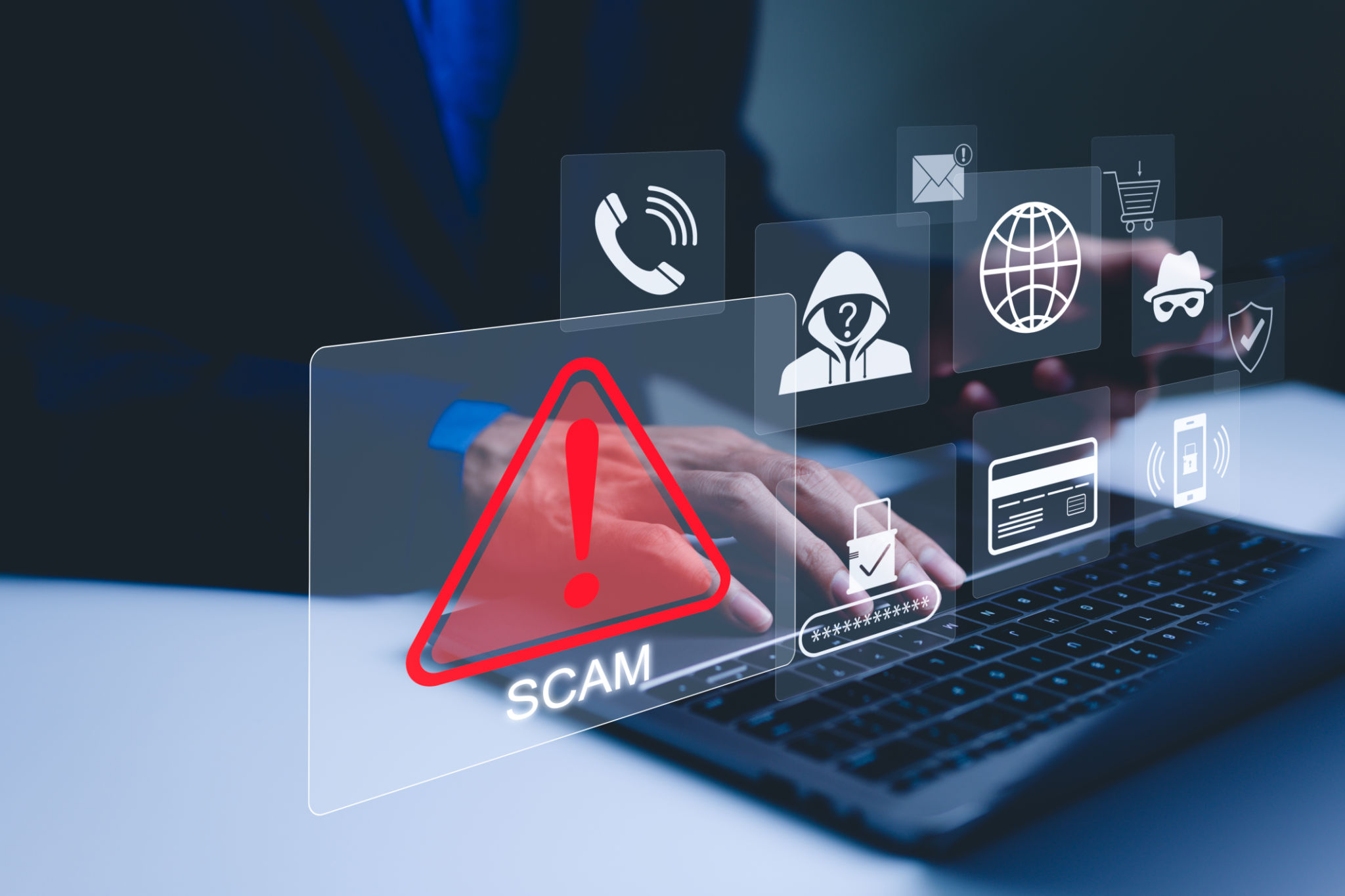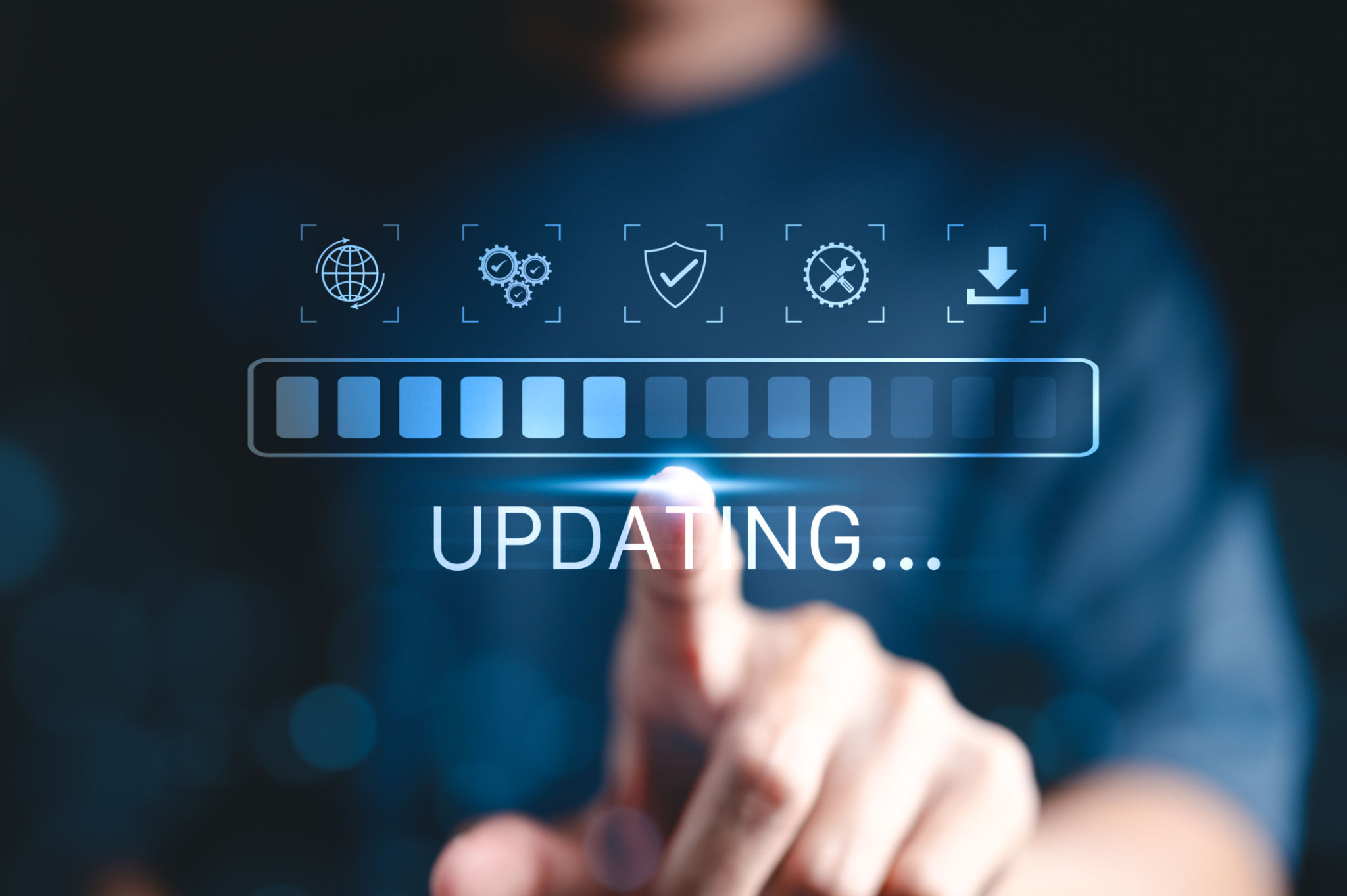Essential Cybersecurity Measures for Charity Organizations
Understanding the Importance of Cybersecurity for Charities
In today's digital age, charity organizations are increasingly reliant on technology to manage their operations and reach out to donors. However, this dependence also makes them vulnerable to cyber threats. Protecting sensitive data and maintaining donor trust is crucial for these organizations. Implementing robust cybersecurity measures is not just an option; it's a necessity for safeguarding their missions.
Charities often handle a wealth of sensitive information, including personal details of donors and beneficiaries. This data can be a lucrative target for cybercriminals. Therefore, understanding the importance of cybersecurity is the first step towards protecting your organization from potential breaches.

Implementing Strong Access Controls
One of the fundamental measures to enhance cybersecurity is implementing strong access controls. This involves ensuring that only authorized personnel have access to sensitive information. Utilizing multi-factor authentication (MFA) can greatly reduce the risk of unauthorized access.
It's also important to regularly review and update access permissions. Doing so ensures that former employees or volunteers do not retain access to the organization's systems and data. Regular audits can help identify and rectify any lapses in access control.
Educating Staff and Volunteers
Human error is often a significant factor in cybersecurity incidents. Educating staff and volunteers about potential cyber threats and how to recognize them can greatly enhance your organization's defenses. Regular training sessions can help reinforce best practices and keep everyone informed about the latest threats.

Utilizing Secure Communication Channels
Charities frequently communicate with donors, partners, and beneficiaries through various online channels. Ensuring these communications are secure is vital to prevent data interception or tampering. Utilizing encrypted communication platforms can help protect sensitive information shared over emails or messaging apps.
Moreover, encourage the use of strong, unique passwords for accessing these platforms. Password management tools can aid in generating and storing complex passwords securely, further enhancing your organization's security posture.
Regularly Updating Software and Systems
Regular software updates are essential for maintaining cybersecurity. Outdated software can have vulnerabilities that cybercriminals exploit to gain unauthorized access to systems. Ensure that all software, including operating systems and applications, are regularly updated with the latest security patches.
Automating these updates where possible can ensure that no critical updates are missed, reducing the risk of vulnerabilities in your IT infrastructure.

Backing Up Data Consistently
Data backups are a crucial component of a robust cybersecurity strategy. Regularly backing up data ensures that you can quickly recover important information in case of a cyberattack or system failure. It's essential to store backups in a secure location, preferably separate from your primary systems.
Having a well-documented backup and recovery plan can minimize downtime and ensure continuity of operations, even in the face of a cybersecurity incident.
Working with Cybersecurity Professionals
Partnering with cybersecurity professionals can provide charity organizations with expert guidance tailored to their specific needs. These professionals can conduct risk assessments, develop customized security strategies, and provide ongoing support to address emerging threats.
Investing in professional cybersecurity services might seem daunting for some charities, but it's an investment that can protect valuable data and maintain the trust of donors and beneficiaries alike.
